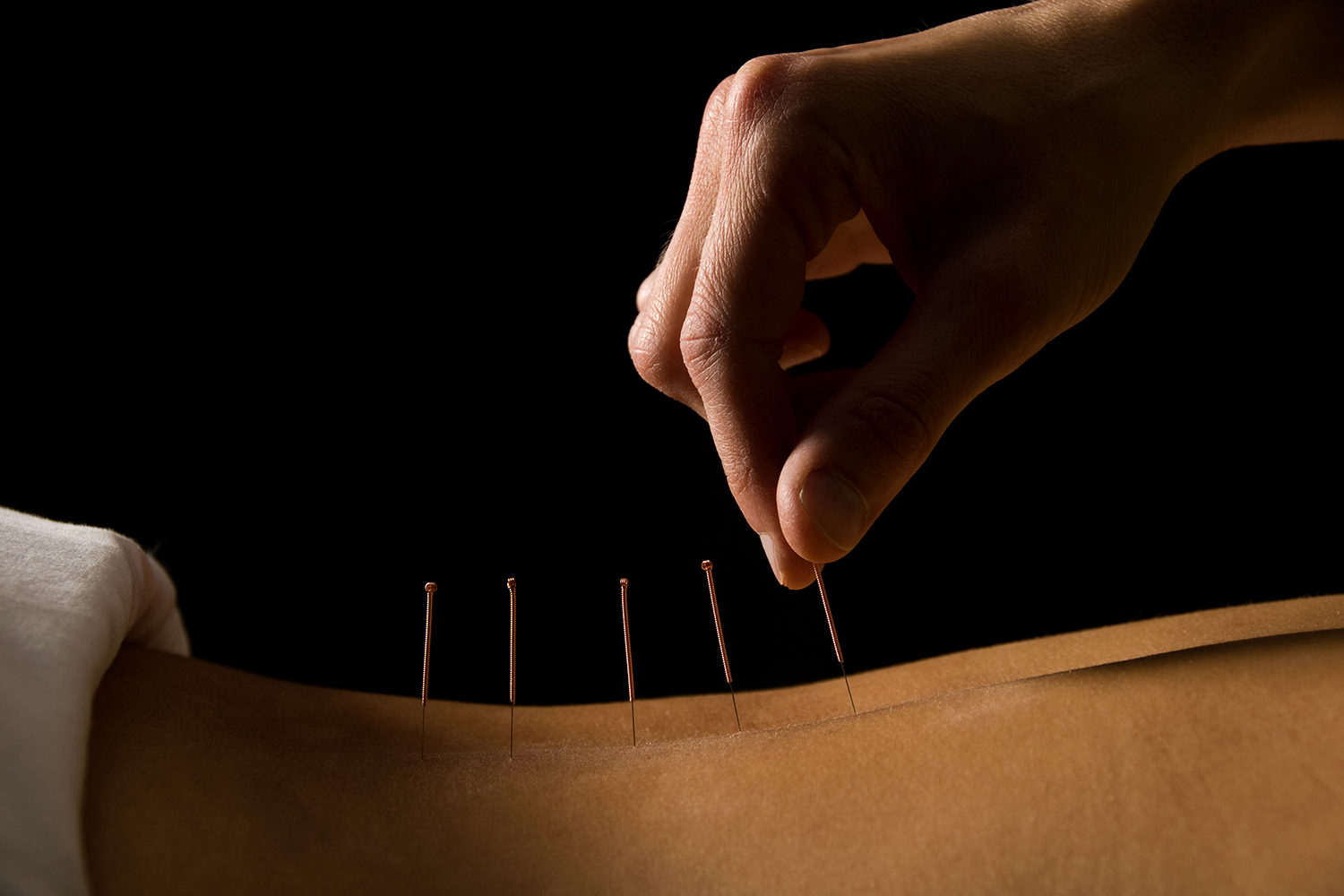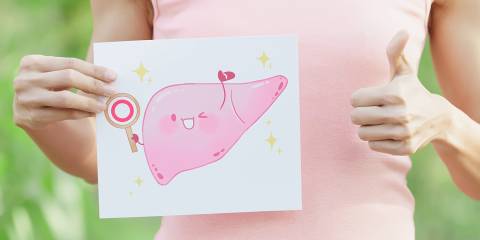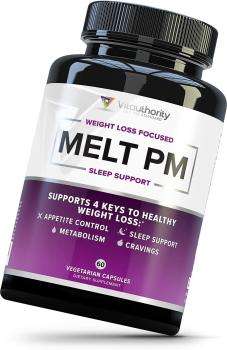Acupuncture is an effective treatment for opioid addiction because it stimulates the same endorphin cycle that opioids do, thereby minimizing cravings for the drugs, while easing withdrawal symptoms.
Those symptoms can vary in intensity depending on the intensity of the addiction and the rate of withdrawal. Someone who abruptly halts an opioid habit, for example, will experience rapid detox and potentially severe withdrawal symptoms. Stepping down slowly by reducing opioid use gradually is generally a less intense process.
How Does Acupuncture Help with Withdrawal?
Whether a person is going through rapid detox or a gradual cessation, acupuncture can be highly effective in ameliorating physical symptoms. It works to normalize the digestive system, avoiding the nausea, vomiting, abdominal cramping, and diarrhea associated with withdrawal, and it lessens muscle cramping, spasms, and achiness. It also reduces cravings, soothes the nerves and emotions, and promotes good sleep. In this way, it helps the patient through the withdrawal process and minimizes the chances of relapse.
What is the Science Behind Acupuncture?
Study of acupuncture’s mechanism of action during withdrawal is ongoing, and many questions remain. Nevertheless, it’s known that acupuncture has a direct impact on the brain by activating the body’s endogenous opioids and opioid-receptor sites.
One study noted, “Neurochemical and behavioral evidence have shown that acupuncture helps reduce the effects of positive and negative reinforcement involved in opiate addiction by modulating mesolimbic dopamine neurons.” Research with rats has shown that acupuncture ameliorates the symptoms of morphine withdrawal. And auricular acupuncture (acupuncture of the ear) has been shown to evoke a relaxation response that lessens cravings in opioid recovery patients.
Where Can You Get "Acudetox" Treatment?
The National Acupuncture Detoxification Association (NADA), established in 1985, has developed an increasingly popular “acudetox” treatment strategy for addiction recovery. It offers, among other protocols, a three- to five-point auricular acupuncture protocol that has shown great effectiveness as an adjunct detoxification and relaxation therapy to help recovering addicts through withdrawal. Today more than 1,000 addiction treatment centers across the United States use the NADA protocol as an adjunctive therapy.
The great benefit of the protocol is that it requires little training for practitioners compared to the four years of medical school that licensed acupuncturists are required to attend. This makes it an affordable and adaptable healing modality that can be easily implemented in opioid recovery centers.




